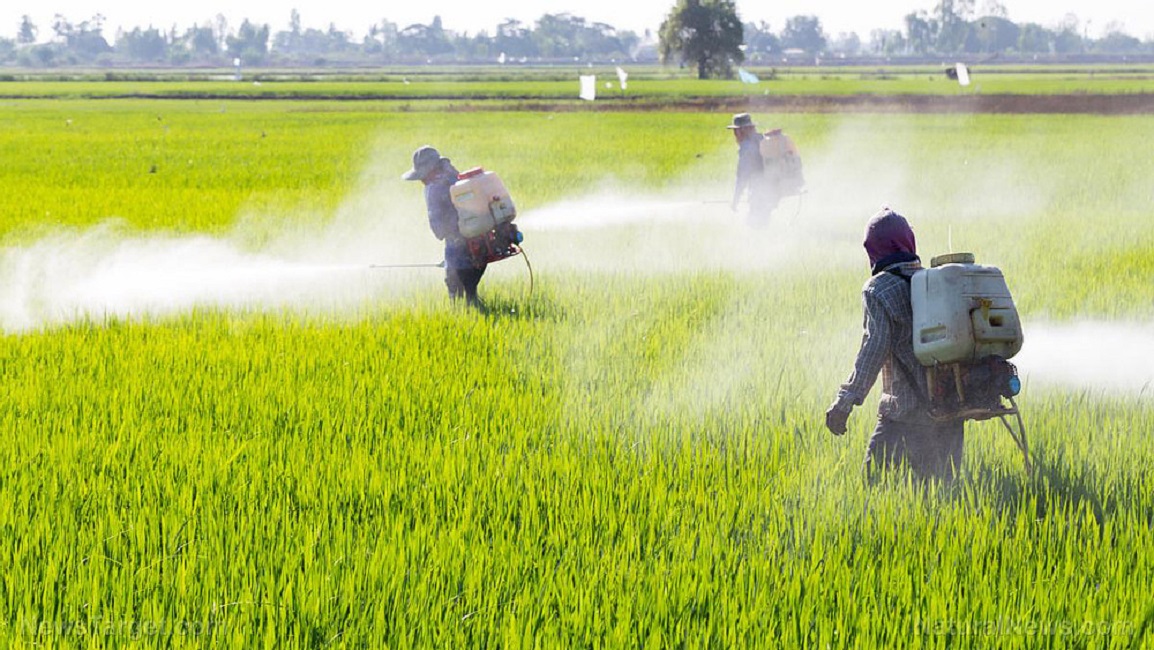Sri Lanka should use modern fertiliser technology, manage risks and overcome challenges of using organic manure in a well thought out process instead of banning chemical fertiliser outright, agro technology researchers, practitioners and civil society activists said.
They suggested that the Government must not take impulsive decisions which affect the livelihood of a whole nation and its food security.
There are technologies to sharply reduce the use of chemical fertiliser and using organic manure also requires specialist knowledge and techniques, to manage the risk of falling yields, they added.
The risk of chemical fertilisers can also be managed instead of an outright ban while moving towards importing and producing organic fertilizer within a short period.
According to the political manifesto “Vistas of Prosperity and Splendour”, it is during the next 10 years of 2019 – 2029 that Sri Lankan agriculture will be promoted to use organic fertilisers.
This indicates that the President or an individual of his party and the ruling party will have to continue or make this clause in the manifesto a national policy or a rule of law with a two third majority in parliament to make it a reality under any government.
They also called on Government authorities to divulge the national policy that covers the ban of chemical fertilisers.
Is it national policy on agriculture or national policy on agriculture research or both?, they questioned.
Under this set up, the Government will have to renegotiate the “Positive Lists of Sri Lanka FTAs, Pakistan – Sri Lanka FTA & Singapore – Sri Lanka FTA as these countries have liberalised chemical fertiliser, insecticide and weedicide or put it under the “positive list”.
There was no guarantee by the present Government that importation is really banned in the absence of the relevant gazette notifications, they claimed.
Unlike conventional fertilisers, organic fertilisers can contain many unknown compounds which may accumulate in soil and plants and cause detrimental plant growth and human health issues, they added.

Leave your comments
Login to post a comment
Post comment as a guest